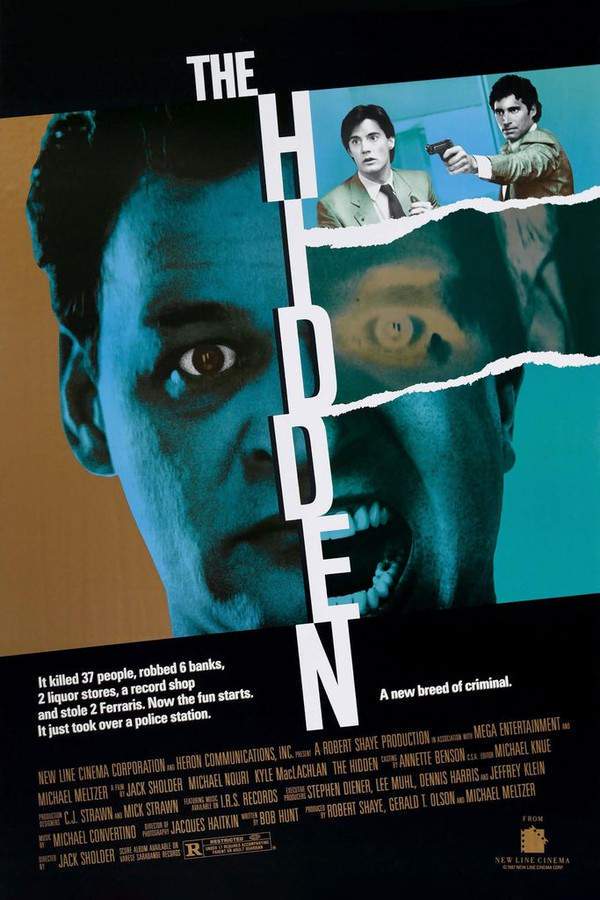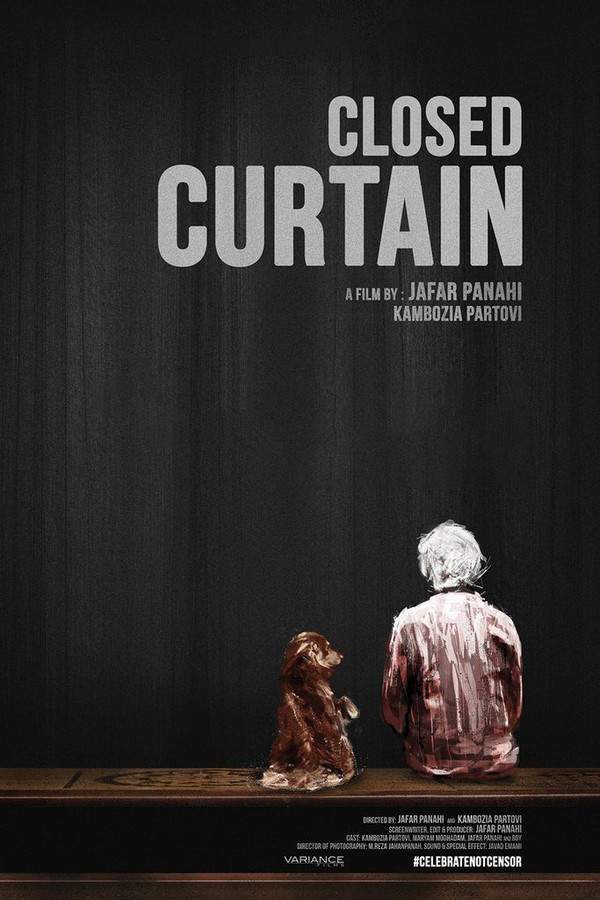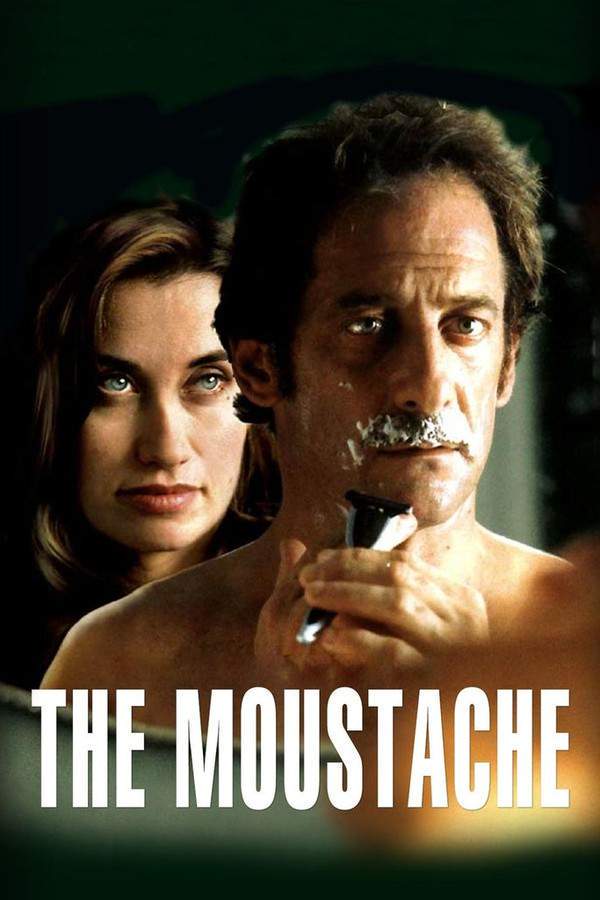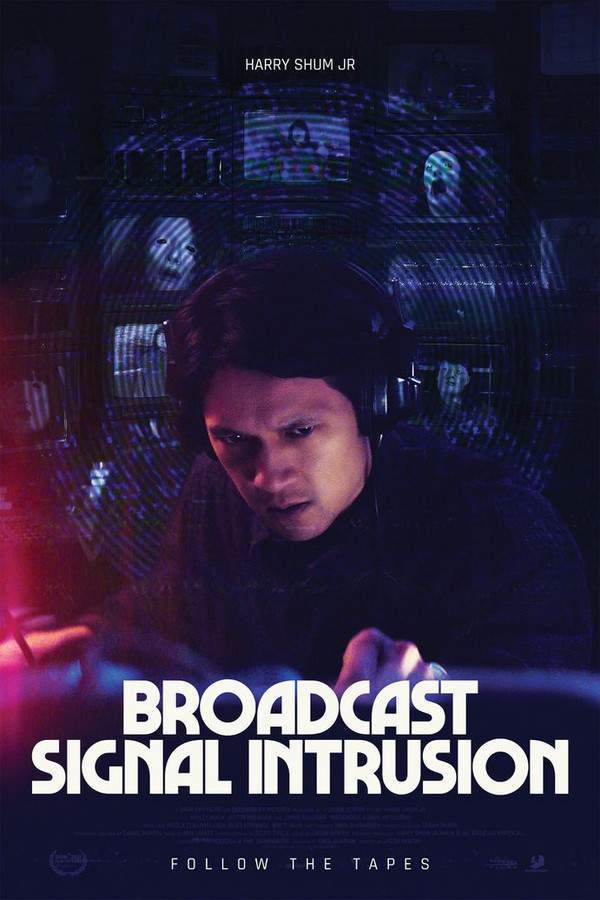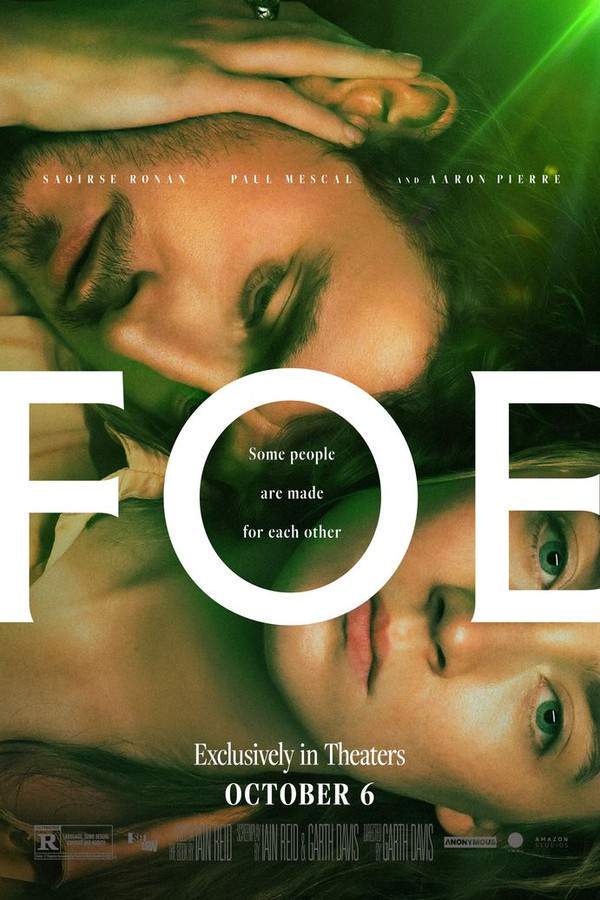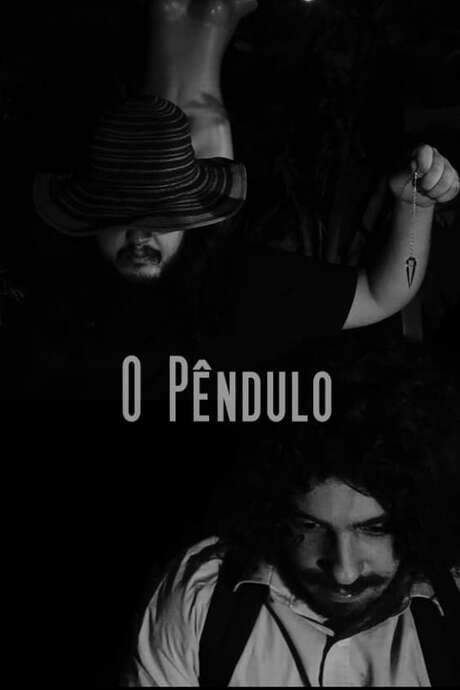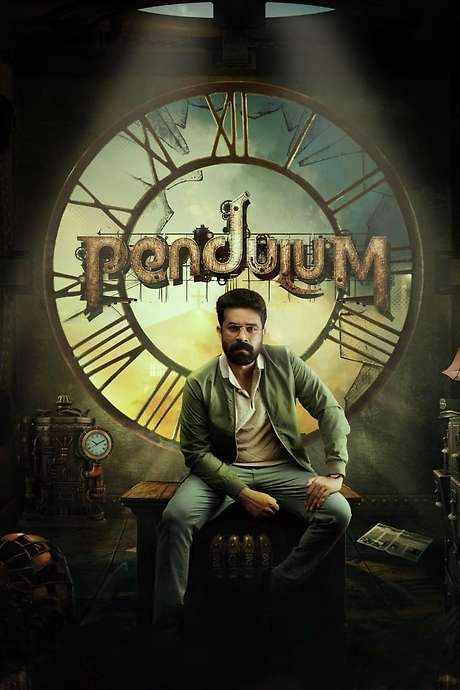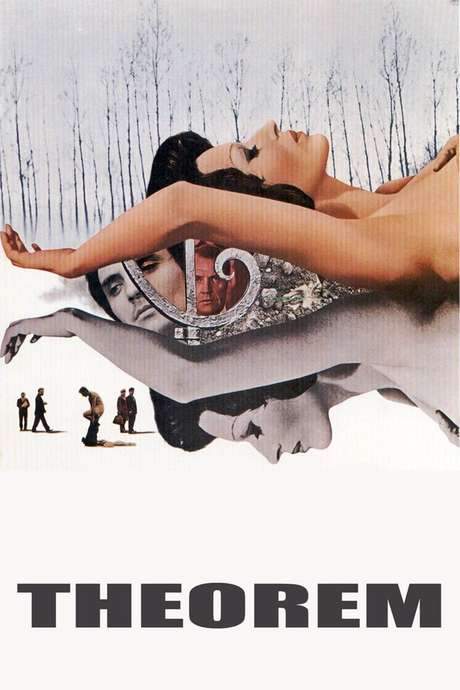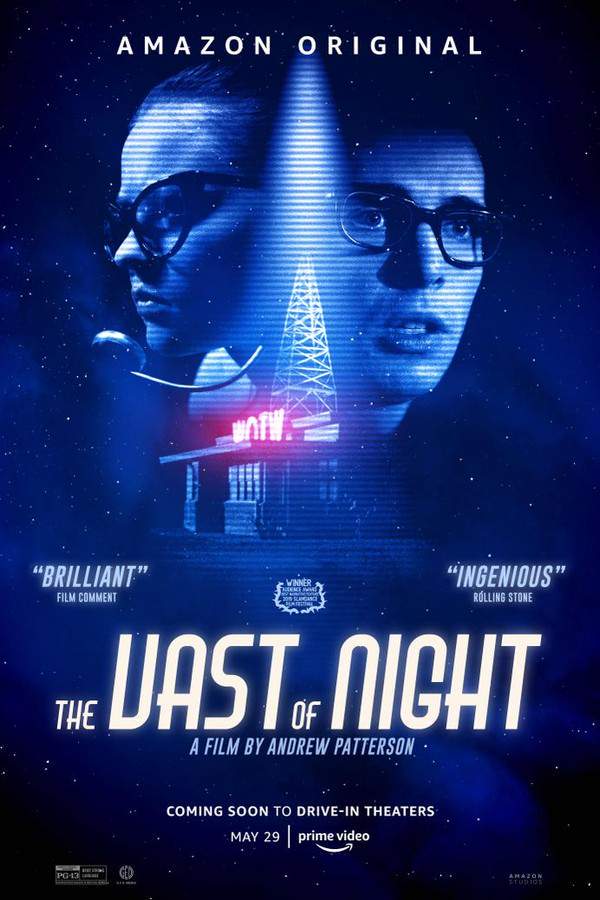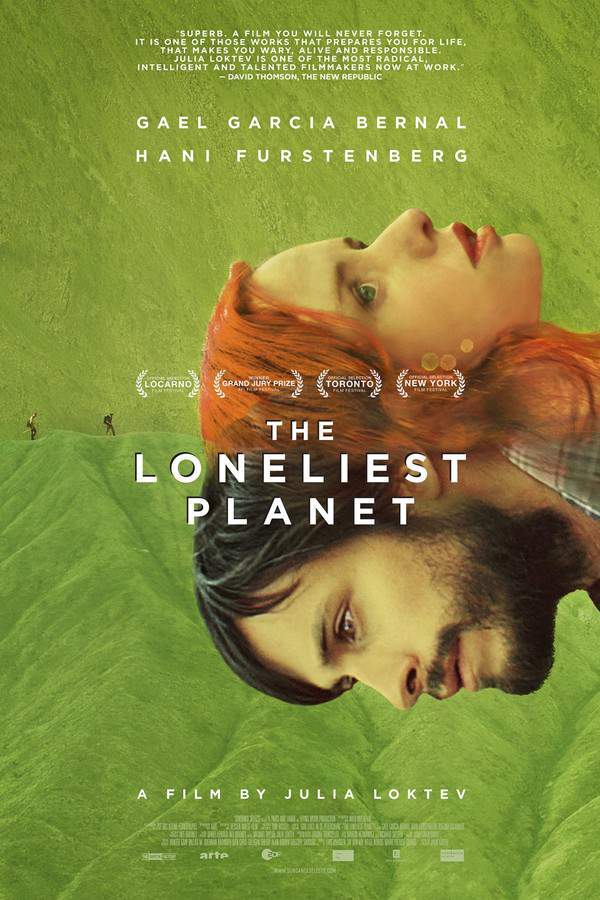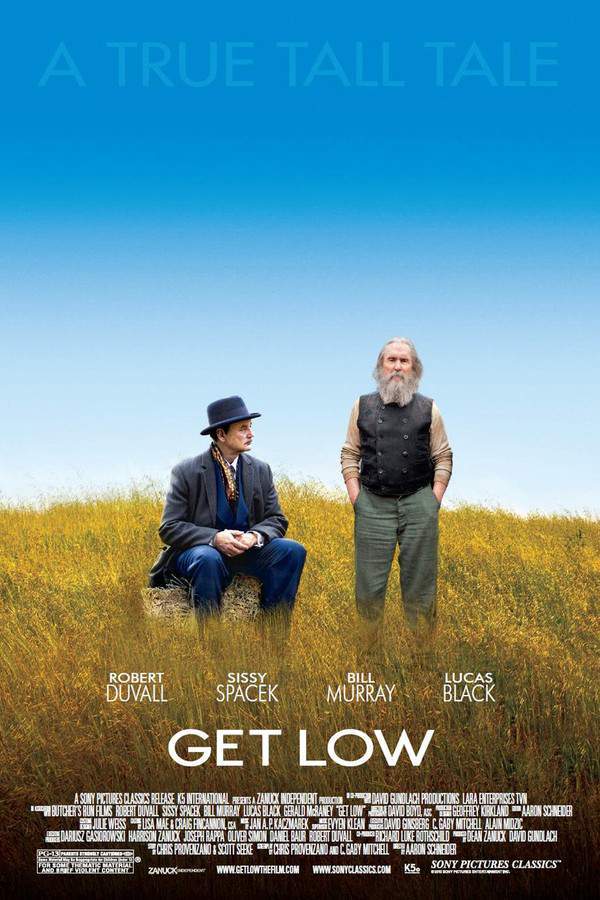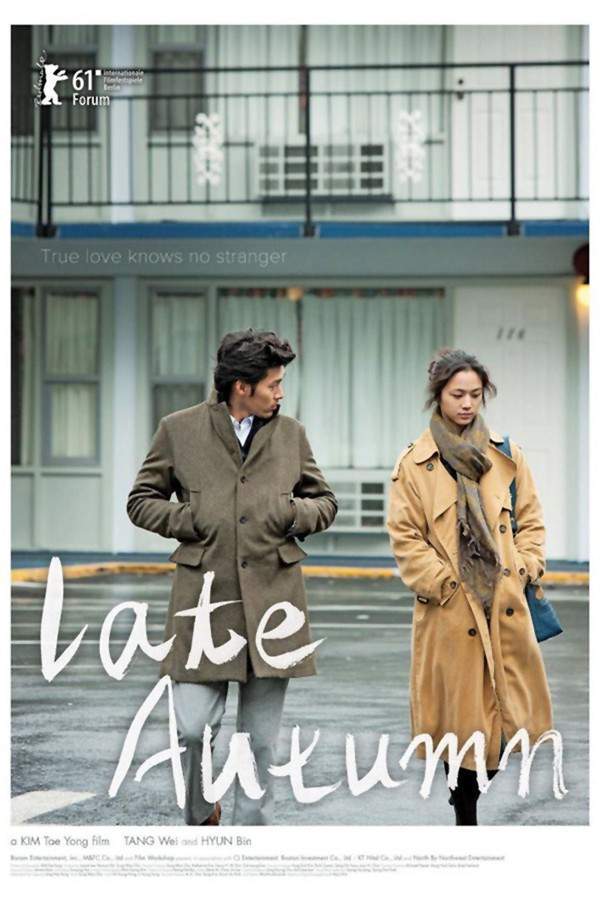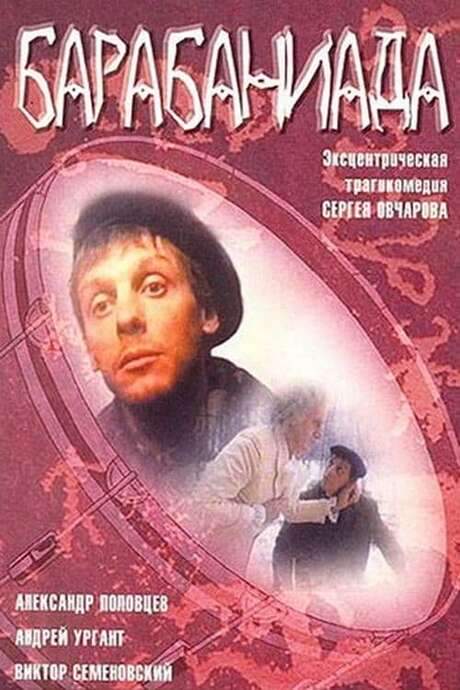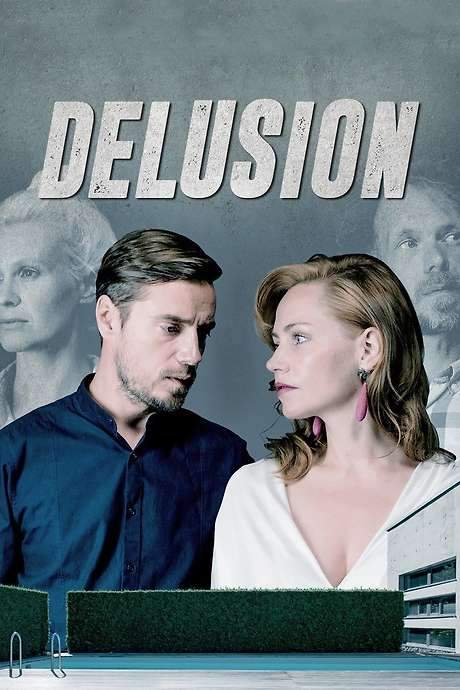
Delusion
Year: 2016
Runtime: 103 mins
Language: Estonian
Director: Vallo Toomla
Haunted by a difficult choice, Anna and Juhan seek refuge at a friend's summer house, hoping for respite. A storm arrives, forcing them to take in another couple who mistakenly believe the house is theirs. Rather than correcting the misunderstanding, Anna and Juhan allow the deception to continue, and their unresolved bitterness begins to surface as they subtly manipulate their unexpected guests.
Delusion (2016) – Spoiler-Free Movie Summary & Plot Overview
Get a spoiler-free look at Delusion (2016) with a clear plot overview that covers the setting, main characters, and story premise—without revealing key twists or the ending. Perfect for deciding if this film is your next watch.
In the quiet outskirts of a restless city, Anna and Juhan retreat to a friend’s isolated summer house, hoping the secluded setting will give them the space to weigh a burdensome decision. The house, perched against a horizon of open fields, feels both a sanctuary and a container for the unspoken tensions that have lingered between them. As a storm rolls in, the wind seems to echo the unsettled thoughts that have driven them here, setting a tone of fragile calm broken only by the occasional crack of thunder.
When a drenched couple arrives, convinced that the weather‑worn dwelling is theirs, the strangers’ mistaken claim turns the house into a stage for an awkward charade. Rather than correcting the misunderstanding, Anna and Juhan allow the illusion to persist, a choice that subtly reshapes the power dynamics within the cramped rooms. Their silence becomes a quiet manipulation, and the shared meals and forced hospitality reveal hidden layers of resentment, longing, and the thin veneer of civility that holds the temporary truce together.
The film moves at a patient, observant pace, letting everyday rituals—cooking, washing dishes, lingering glances—build an intimate atmosphere that feels both ordinary and uncanny. Light filters through rain‑spattered windows, casting shifting shadows that mirror the characters’ internal uncertainties. Dialogue is sparse, and much of the tension resides in what is left unsaid, inviting the audience to listen to the soft rustle of anxiety as it weaves through the cracked walls.
Through this tightly framed domestic tableau, the story explores how solitude can amplify perception, how a simple act of deception can surface long‑dormant bitterness, and how the line between hospitality and control blurs when refuge is offered under a stormy sky. The mood remains contemplative, a slow‑burning study of human fragility that lingers long after the rain stops.
Last Updated: October 05, 2025 at 16:54
Explore Movie Threads
Discover curated groups of movies connected by mood, themes, and story style. Browse collections built around emotion, atmosphere, and narrative focus to easily find films that match what you feel like watching right now.
Psychological deceptions like in Delusion
Stories where deception blurs reality and unravels fragile psyches.Explore movies like Delusion, where subtle manipulation and deception create an intricate web of psychological tension. These films often feature complex characters, ambiguous realities, and a slow-burn approach to unfolding their unsettling narratives, perfect for viewers who enjoy cerebral thrillers that challenge perception.
Narrative Summary
Narratives in this thread often begin with a seemingly simple deception that spirals out of control, exposing the hidden fears and motivations of the characters. The central conflict is internal and psychological, pitting characters against each other and their own unraveling sense of self in a battle for the truth.
Why These Movies?
These movies are grouped by their shared focus on psychological manipulation as a central plot driver. They create a similar, unsettling viewing experience defined by a tense atmosphere, complex character dynamics, and an intellectually challenging exploration of reality and delusion.
Slow burn tension like in Delusion
Films where a patient pace builds a pervasive and lingering sense of dread.Find more movies like Delusion that master the art of slow-burn, atmospheric storytelling. These films use a deliberate pace, nuanced performances, and precise visuals to create a quietly unsettling and contemplative mood, ideal for fans of subtle psychological drama and nuanced tension.
Narrative Summary
Stories in this thread unfold patiently, focusing on the accumulation of small, significant details that contribute to an overarching feeling of disquiet. The narrative structure is often observant and character-driven, with tension rising from unspoken conflicts, unexpressed emotions, and the weight of the environment itself.
Why These Movies?
These films are connected by their shared commitment to a specific mood and pacing. They prioritize atmosphere over plot speed, creating a cohesive and immersive experience for viewers who enjoy being slowly drawn into a world of subtle anxiety and contemplative dread.
Unlock the Full Story of Delusion
Don't stop at just watching — explore Delusion in full detail. From the complete plot summary and scene-by-scene timeline to character breakdowns, thematic analysis, and a deep dive into the ending — every page helps you truly understand what Delusion is all about. Plus, discover what's next after the movie.
Delusion Summary
Read a complete plot summary of Delusion, including all key story points, character arcs, and turning points. This in-depth recap is ideal for understanding the narrative structure or reviewing what happened in the movie.

Delusion Timeline
Track the full timeline of Delusion with every major event arranged chronologically. Perfect for decoding non-linear storytelling, flashbacks, or parallel narratives with a clear scene-by-scene breakdown.

Characters, Settings & Themes in Delusion
Discover the characters, locations, and core themes that shape Delusion. Get insights into symbolic elements, setting significance, and deeper narrative meaning — ideal for thematic analysis and movie breakdowns.

More About Delusion
Visit What's After the Movie to explore more about Delusion: box office results, cast and crew info, production details, post-credit scenes, and external links — all in one place for movie fans and researchers.


